I use this formula to get frequency of a signal but I dont understand how to implement code with complex number? There is "i" in formula that relates Math.Sqrt(-1). How can I code this formula to signal in C# with NAduio library?

I use this formula to get frequency of a signal but I dont understand how to implement code with complex number? There is "i" in formula that relates Math.Sqrt(-1). How can I code this formula to signal in C# with NAduio library?

A lot of languages actually provide Libraries for this that come, built in. One example, in C#.NET, is at this link. This gives you a step by step guide to how to set up a speech recognition program. It also abstracts you away from the low level detail of parsing audio for certain phenomes etc (which frankly is pointless with the amount of libraries there are about, unless you wish to write a highly optimized version).
If you want to go back to a basic level then:
You'll want to use some form of probabilistic model, something like a hidden Markov model (HMM). This will allow you to test what the user says to a collection of models, one for each word they are allowed to say.
Additionally you want to transform the audio waveform into something that your program can more easily interpret. Something like a fast Fourier transform (FFT) or a wavelet transform (CWT).
The steps would be:
Of course this requires you to previously train the HMMs with the correct words.
It is a difficult problem nonetheless and you will have to use a ASR framework to do it. I have done something slightly more complex (~100 words) using Sphinx4. You can also use HTK.
In general what you have to do is:
Then choose a framework, get an acoustic model, generate a dictionary and a language model compatible with that framework. Then integrate the framework into your application.
I hope I have mentioned all important things you need to do. You can google them separately or go to your chosen framework's tutorial.
Your task is relatively simple in terms of speech recognition and you should get good results if you complete it.